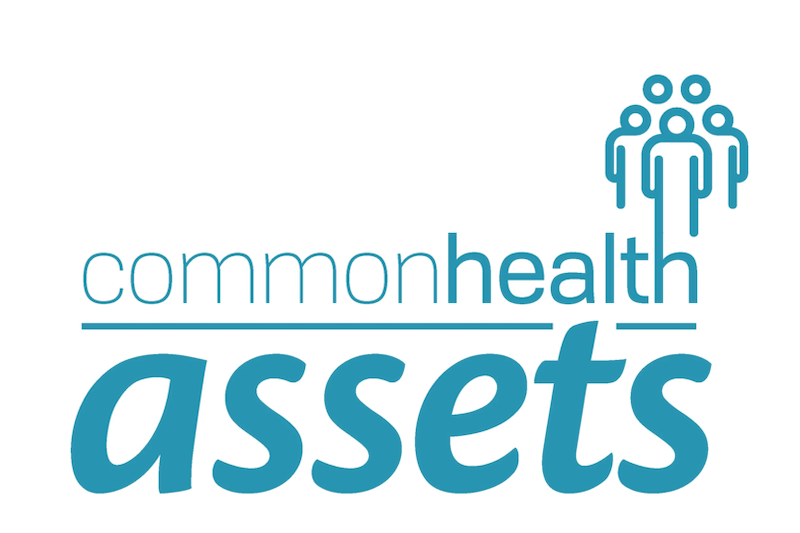Commonhealth Assets project to explore wellbeing in marginalised areas
NIHR awards £1.5m in funding to project assessing the impact of community led organisations on health.

Dr Karen Galway (School of Nursing and Midwifery) and Dr Liam O’Hare (School of Social Sciences, Education and Social Work) are part of a team who have been successfully awarded funding from NIHR [£1.5m] to explore the impact of community led organisation on health and wellbeing.
The Common Health Assets project, led by Professor Rachel Baker at the Yunus Centre for Social Business and Health at Glasgow Caledonian University, is a collaboration between researchers at GCU, Bournemouth University, Glasgow Centre for Population Health, Queen’s University Belfast and University of East London and community-led organisations in Scotland, England and Northern Ireland (Including the Colin Neighbourhood Partnership one of Queen's University’s Innovation Zones).
The aim is to work with community led organisations, or ‘CLOs’, defined as place-based community-owned and governed organisations usually found in the ‘third’ or voluntary sectors, in areas that are often called ‘deprived’ because of poverty, poor physical and social environments and lower health outcomes. CLOs are vital to communities, and regularly offer a range of activities, such as walking or cooking groups, language classes, and community gardens or cafes.
Assets based approaches are about ‘doing with’ (rather than ‘doing to’) and working with communities to build on their strengths and mobilise the knowledge and skills of local people. Assets-based approaches also involves recognising that to do this successfully requires shifting control back into the hands of communities. They are designed to bring people in communities together to achieve positive change, focusing and mobilising their own knowledge, skills and experience, rather than viewing communities as having ‘deficits’ that need ‘fixed'.